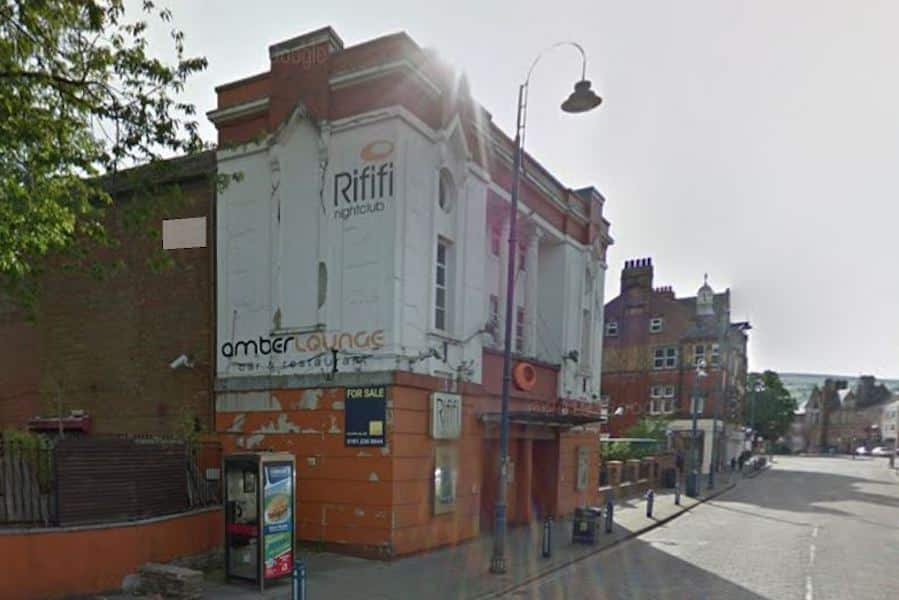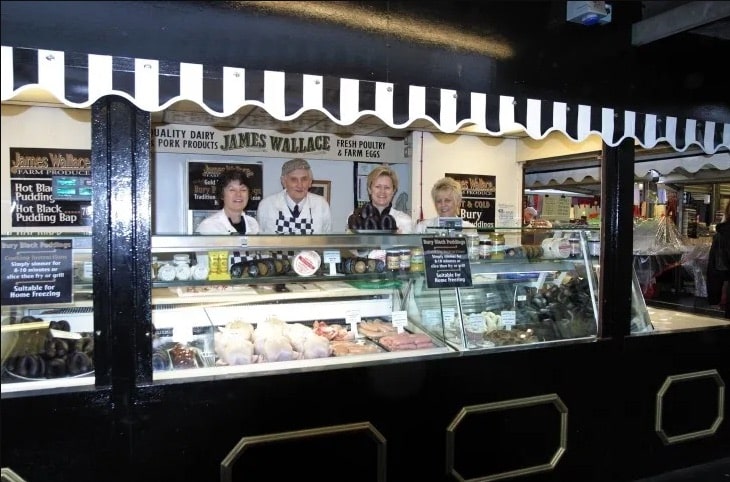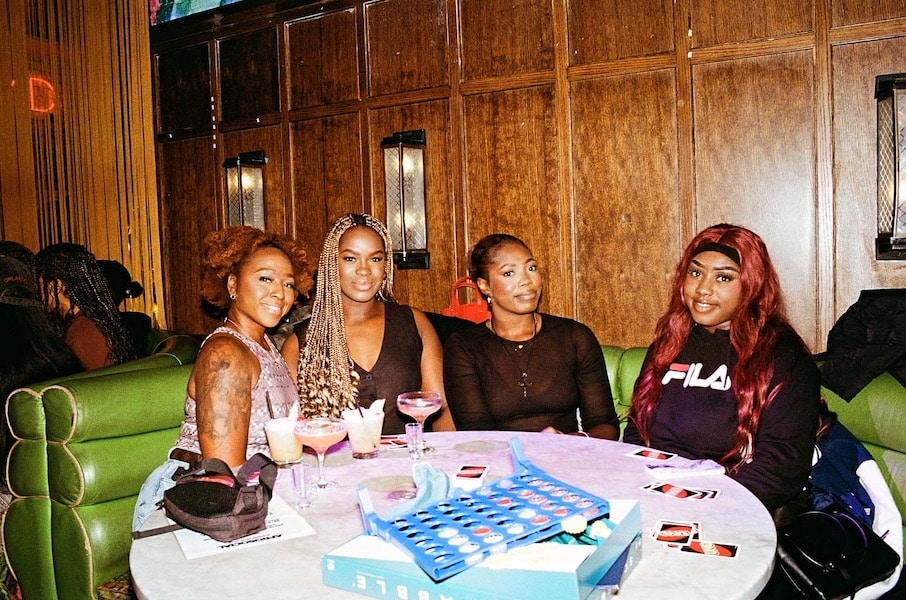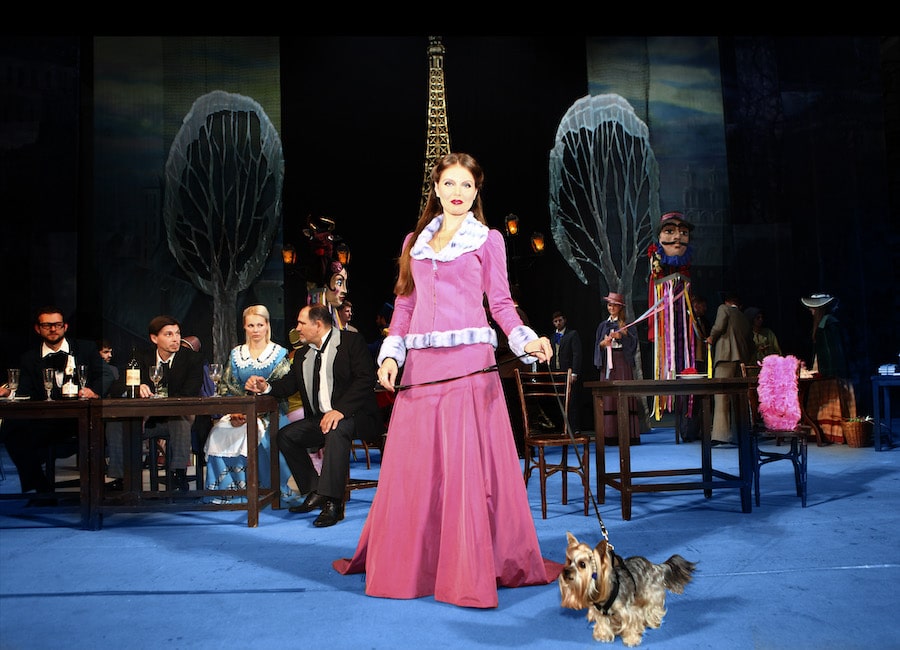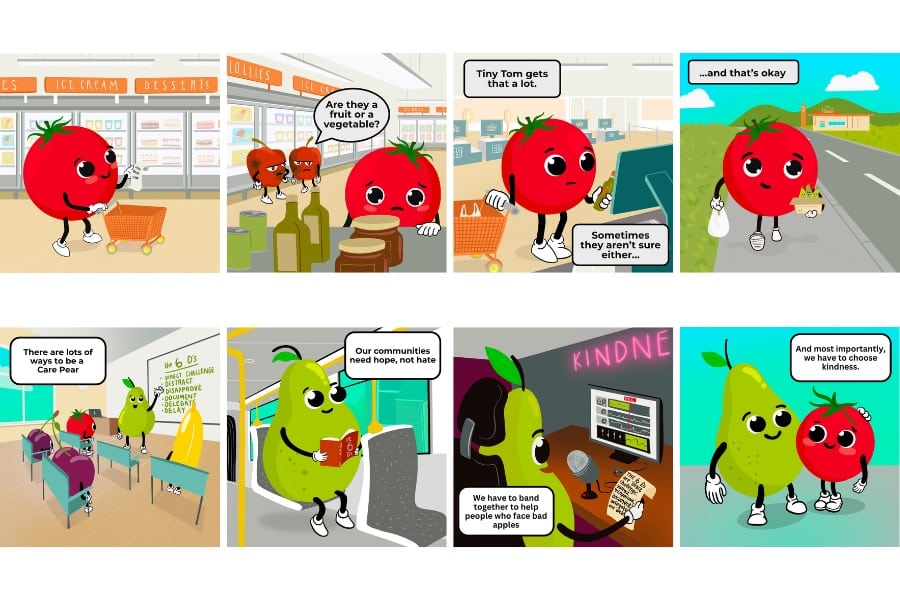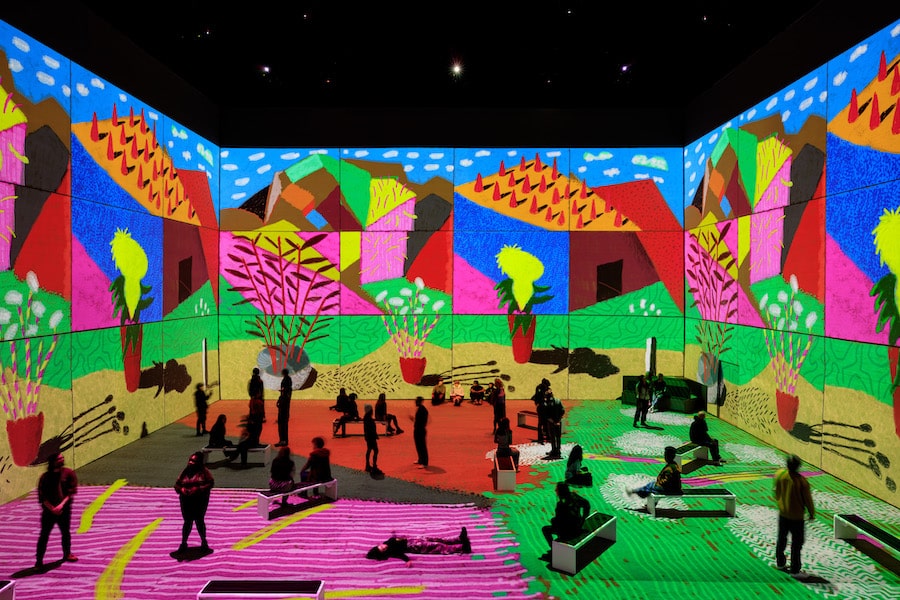Meet the visionary director who transformed Wythenshawe’s voices into art
- Written by Glenn Meads
- Last updated 7 months ago
- City of Manchester, Theatre
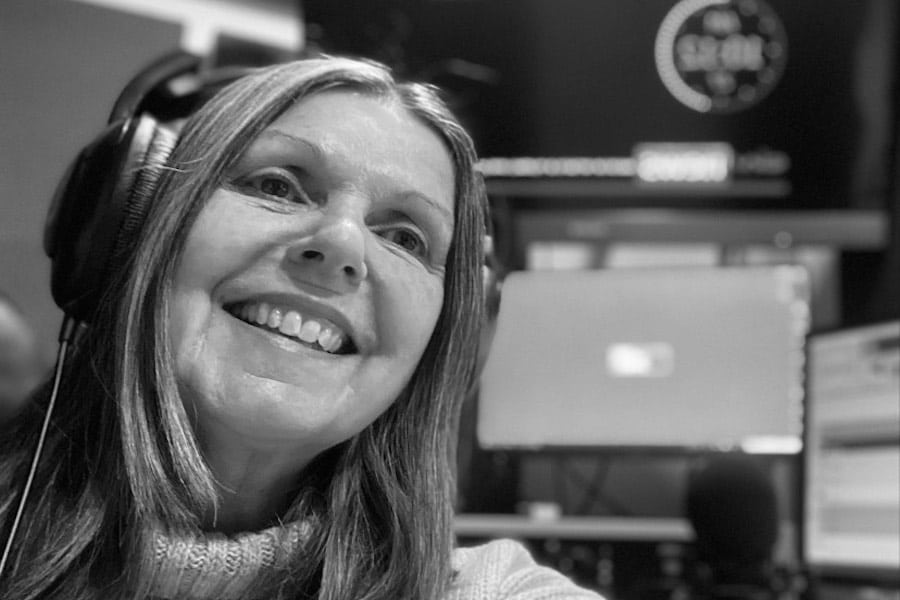
Meet the Manchester writer and director Marie Greenhalgh, who had an idea for a play, when working with a community group in Wythenshawe.
Marie Greenhalgh is about to stage her new play Dark, Beautiful and Chaste this September. It explores the idea that if we do not support a child who has adverse experiences when they are young, the adult that emerges may experience ill health and feel broken.
It is a fascinating topic for a play and it came about when Marie was working with a community group in Wythenshawe the residents opened up and they all realised they were saying the same things.
We caught up with Marie Greenhalgh to find out more about the play, and how it began and also get her thoughts on Manchester and its rich culture and why she thinks there are so many talented people working here on our stages and behind the scenes.
How did you get into writing?
I’ve always been interested in words, the way they sound and how certain words just trip off your tongue, I was a late reader and writer and didn’t get into serious reading until my mid-20s. You know reading the classics, the literary greats. I’ve always been a storyteller though. My Dad told me stories as a child and I kind of found telling stories easier than writing them. I think, also I’m not really an academic, I never thought of myself as clever or informed, but I have always been someone who wants to change the status quo. I realised as I studied to a degree level that writing has the power to inspire, to educate, to inform, to entertain and provoke change. As I was exposed to different writing styles, genres and techniques it sort of sparked an interest in poetry, writing short stories and slowly but surely, I began to hone my craft and writing monologues and short plays is now my passion.
I studied at the University of Salford for an MA in writing for radio and TV in my 50s and I have spent the last 15 years or so writing scripts for TV and radio having some small successes but nowhere near a career, as yet. I’m still hoping to be discovered, for that Bruntwood breakthrough, or the streaming network to call, who knows maybe?
What inspired you to write this play?
I started a small neighbourhood group for older people about 14 years ago. A project to help older people connect to their neighbourhood and navigate the social and cultural opportunities that can be found in the near and wider community of Wythenshawe. Initially, we met in cafes and underused social spaces and inevitably conversations became personal about shared experiences, relationships, work, mental health, lack of work opportunities for older people, everything under the sun really. Within the conversations were experiences I shared too, I found connections and understanding within the conversations and found the whole experience fascinating. Older women talking about their lives in fragmented narratives, waiting their turn to say, yes that happened to me too. I found myself saying the same thing. From the discipline of parents who had endured the First World War to their experiences as young women living and loving through the Second World War. Conversations touched on mental health, religion, addiction, miscarriage, abuse; at this point I knew I had to find a way of telling their stories but anonymising them.
The shame associated with say, abuse was palpable in these sessions, and I knew I had to protect them. The play is set in a world I know, education and therapy, the title is from a poem my Dad wrote me as a child, and I have attempted to create a complex and layered representation of the verbatim narrative. Using flash backs, memories and creating multiple abstract perspectives with sharp and witty dialogue, I hope I have achieved this.
Why do you feel the topic of Adverse Childhood Experiences is so important?
The Play is entitled Dark, Beautiful and Chaste, and the strap line is; it’s easier to support a child than to mend a broken adult. The long term consequences of trauma in childhood can extend into adulthood. Individuals who have experienced ACEs may struggle with relationships, work and overall wellbeing due to the trauma and adversity they faced during childhood. ACEs have been linked to a higher risk of developing chronic diseases, mental health disorders, substance abuse and other health problems in later life. Addressing ACEs is crucial for public health efforts to prevent and reduce the burden of chronic illnesses. By addressing the root causes and providing support and resources to individuals who have experienced trauma, my hope, our hope, as a creative team, is to raise awareness that support is there. Understanding the impact of ACEs is essential for healthcare providers, educators, social workers and other professionals who work with children and families. Early intervention, support services and trauma informed practice can help to reduce the prevalence of ACEs and promote resilience and healing in individuals and communities.
Manchester has a vibrant theatre scene. Why do you think this is?
The rich cultural heritage I would say. Manchester has a history of arts and creativity. The city has a long tradition of supporting the arts, including theatre, music, and visual arts, which has contributed to the development of a vibrant and diverse theatre scene. We have a strong arts infrastructure with a variety of theatres, performance venues, and arts organisations that support and promote theatre productions. The city is home to renowned venues such as the Royal Exchange Theatre, HOME Manchester, and the Manchester International Festival, which showcase a wide range of theatrical performances. Fringe theatre is strong and growing too with the likes of 53Two, Hope Mill Theatre and the fringe venues that take part in GM Fringe every year supporting new and up and coming creatives. Manchester has a wealth of talented actors, directors, playwrights, designers, and other theatre professionals based in the city. The presence
of creative talent and innovative artists contributes to the high quality and diversity of theatre productions in Manchester. We are also a city of collaborations and working partnerships between arts organisations, theatres, educational institutions, and community groups. Manchester has a diverse and engaged audience base that appreciates and supports a wide range of theatrical genres and styles. The city’s diverse population, including students, residents, and visitors, contributes to a dynamic and vibrant theatre scene that caters to a variety of tastes and interests.
Why would you recommend an audience to see this play?
I think I would recommend an audience to see this play because of its power, its tenderness and truth. It’s helped me make sense of so much in my life just talking to the women and it has taken me ten years to bring to the stage. What started out as an A4 side monologue grew into this full length play with the fabulously talented cast of Michaela Short, Angela Heenan and Chloe Atkinson. It is a captivating verbatim theatre production that delves into the profound experiences of older women. Through the raw and authentic narratives of trauma, abuse, and resilience, this powerful play unfolds as a poignant dialogue between patient and therapist, offering a rare glimpse into the journey of awakening, coming to terms, and ultimate acceptance. It is a testament to the enduring power of storytelling and the indomitable strength of the human soul. If you have a Mum, a Gran, a sister, a daughter, an Aunty, you may be witnessing their story.
Dark, Beautiful and Chaste by Marie Greenhalgh is at the Empty Space, Salford from 25th – 27th September and at Manchester Art Gallery on 28th September and you can book tickets here
- This article was last updated 7 months ago.
- It was first published on 18 July 2024 and is subject to be updated from time to time. Please refresh or return to see the latest version.
Did we miss something? Let us know: [email protected]
Want to be the first to receive all the latest news stories, what’s on and events from the heart of Manchester? Sign up here.
Manchester is a successful city, but many people suffer. I Love Manchester helps raise awareness and funds to help improve the lives and prospects of people across Greater Manchester – and we can’t do it without your help. So please support us with what you can so we can continue to spread the love. Thank you in advance!
An email you’ll love. Subscribe to our newsletter to get the latest news stories delivered direct to your inbox.
Got a story worth sharing?
What’s the story? We are all ears when it comes to positive news and inspiring stories. You can send story ideas to [email protected]
While we can’t guarantee to publish everything, we will always consider any enquiry or idea that promotes:
- Independent new openings
- Human interest
- Not-for-profit organisations
- Community Interest Companies (CiCs) and projects
- Charities and charitable initiatives
- Affordability and offers saving people over 20%
For anything else, don’t hesitate to get in touch with us about advertorials (from £350+VAT) and advertising opportunities: [email protected]
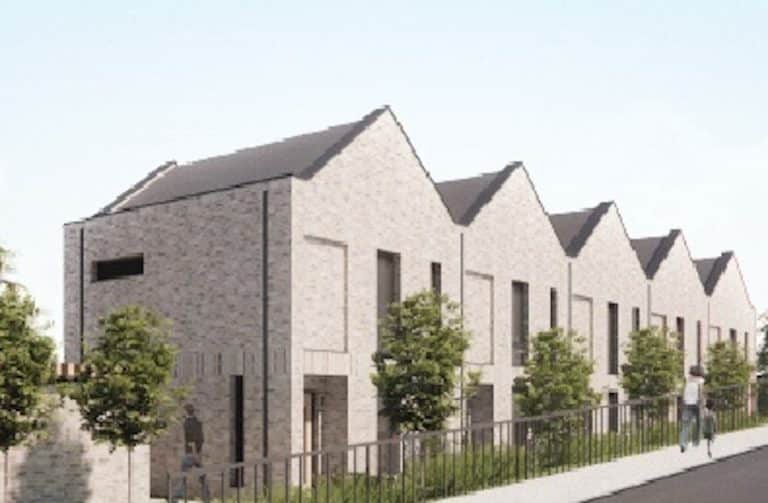
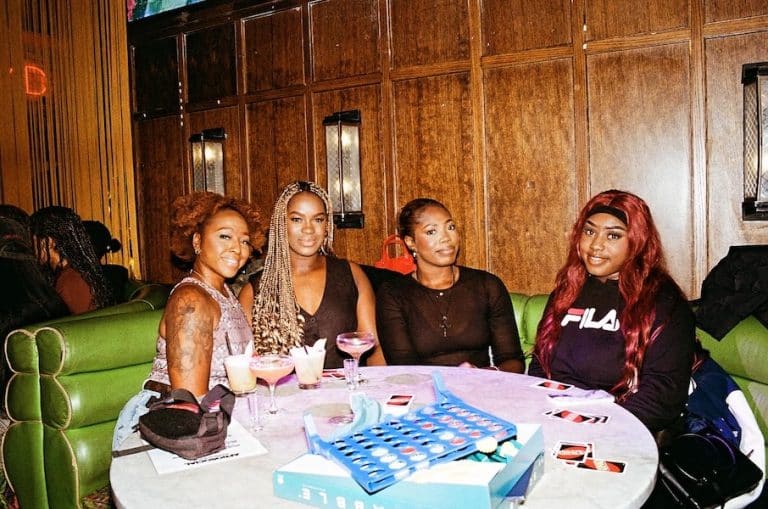
Afrosocial is changing the game for Afro-Caribbean professionals in Manchester

Will & Ralf are back! Manc comedy legends return for hilarious live tour
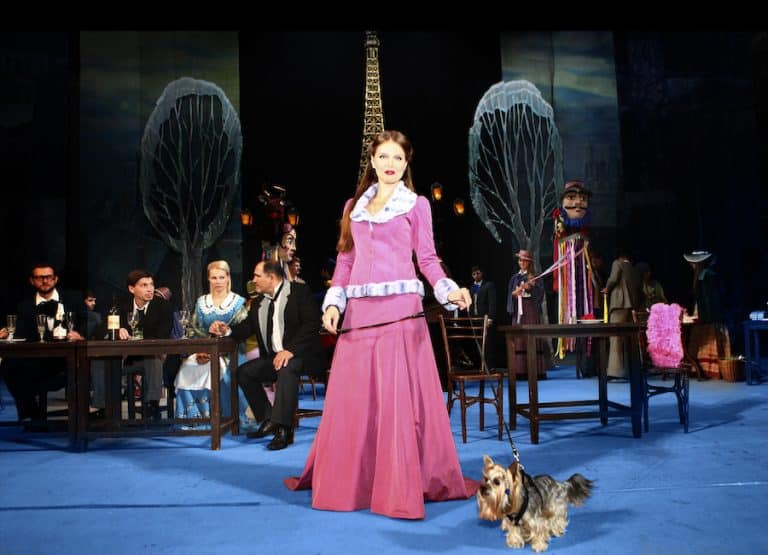
From paws to applause: Could your dog be Manchester’s next big opera star?

MediaCity launches the city’s largest ‘game-changing’ content creation studio







